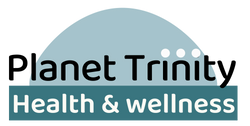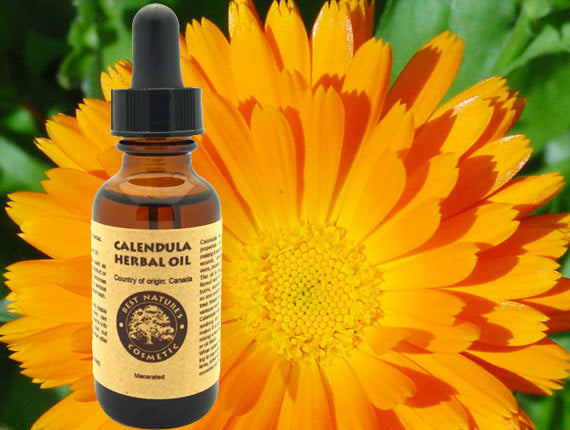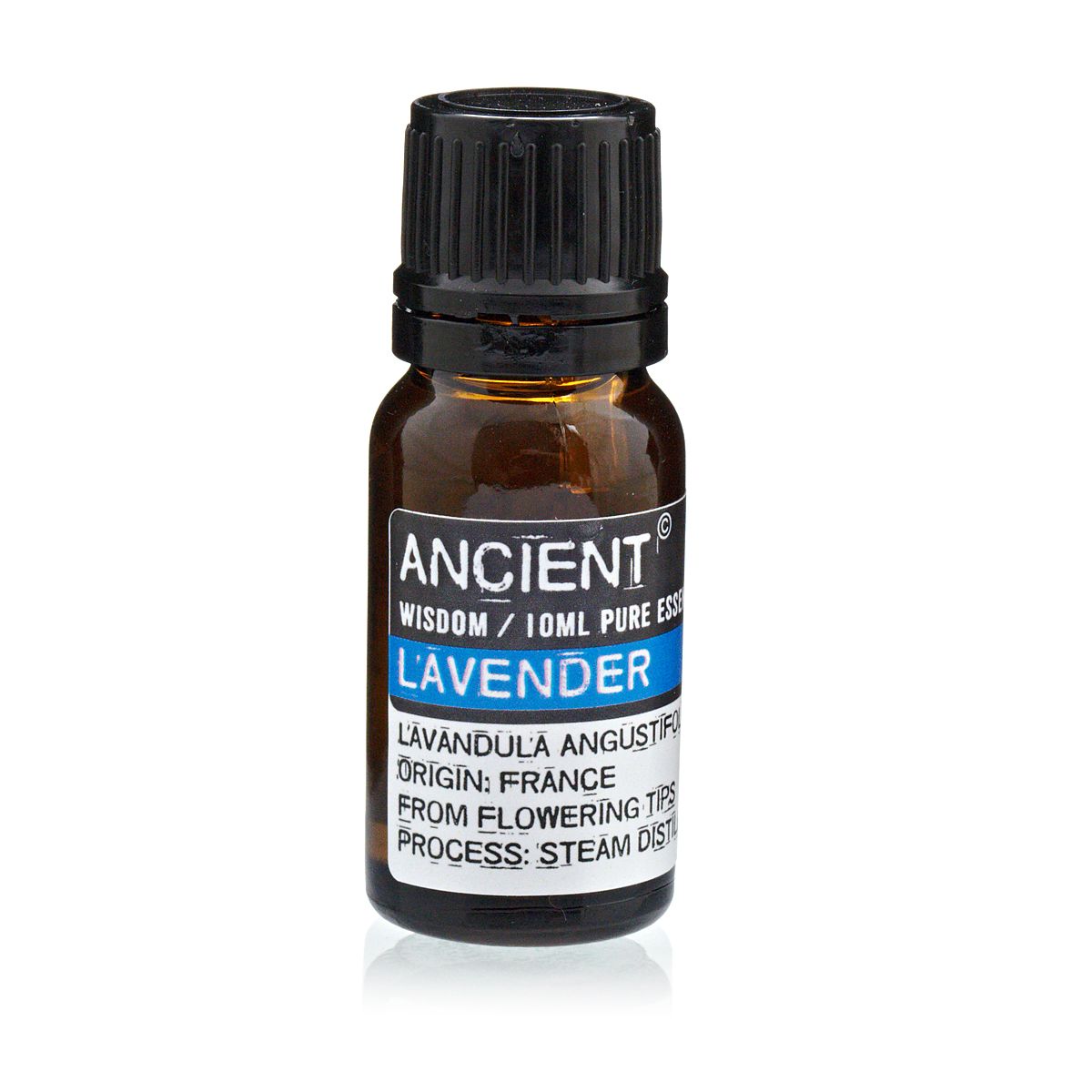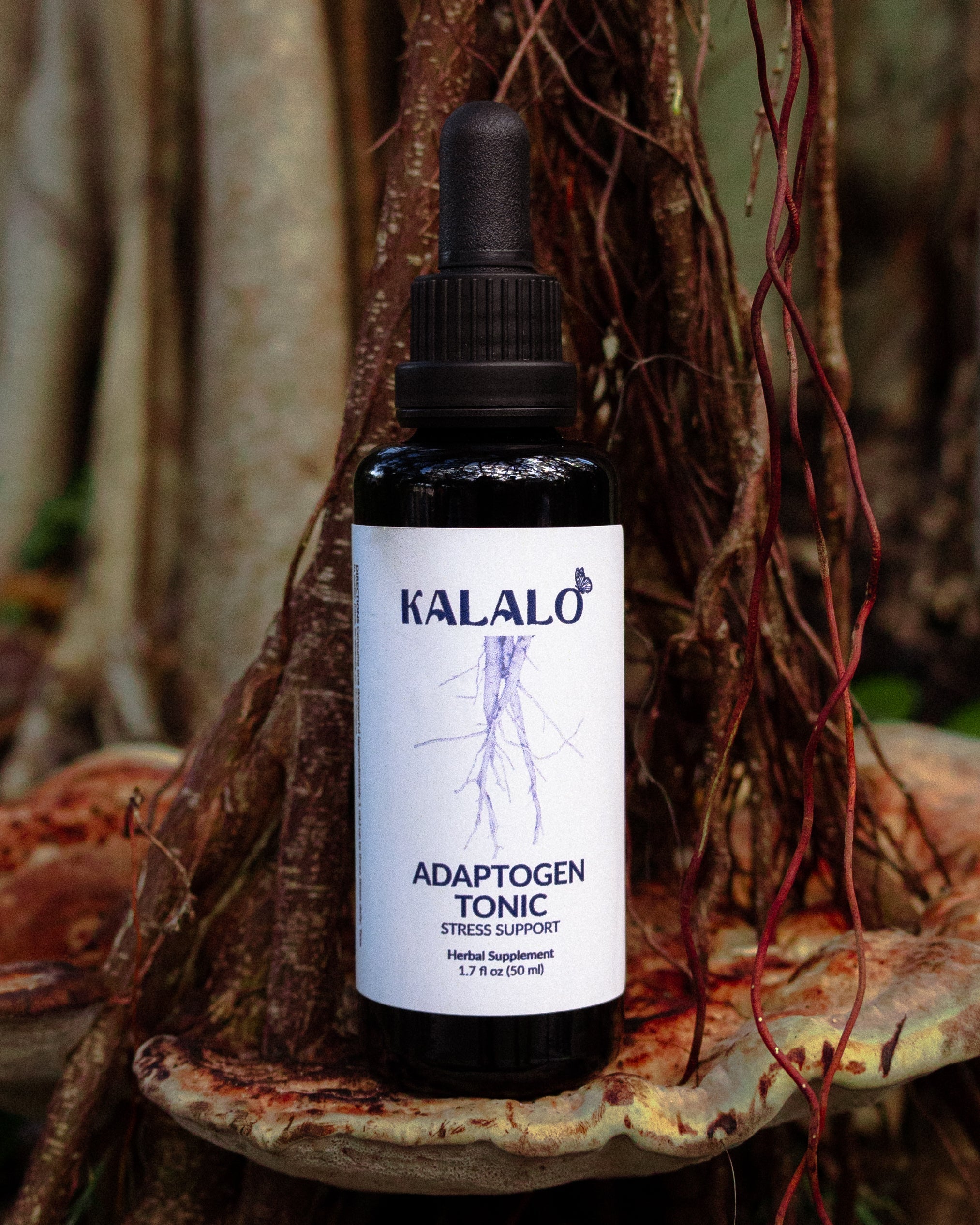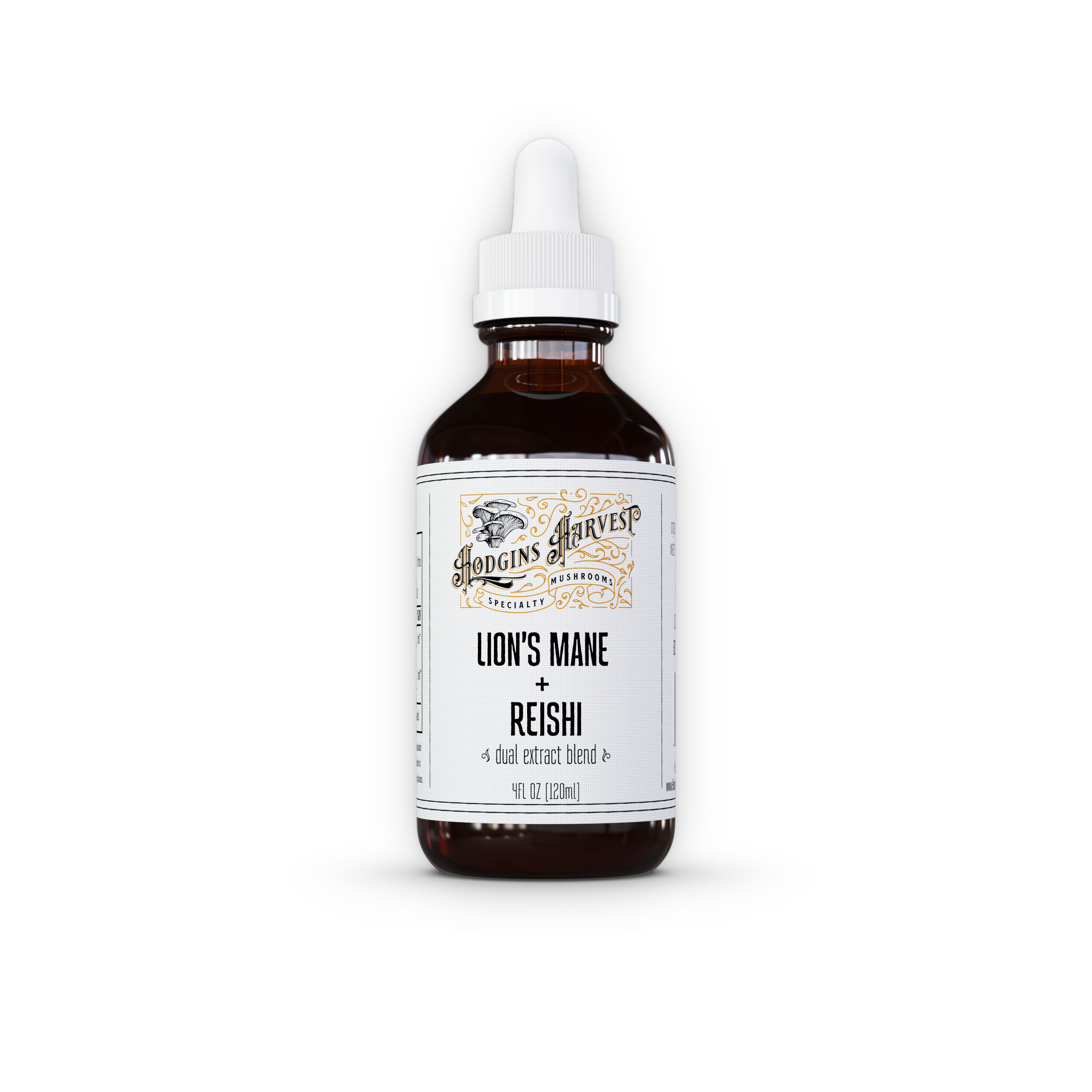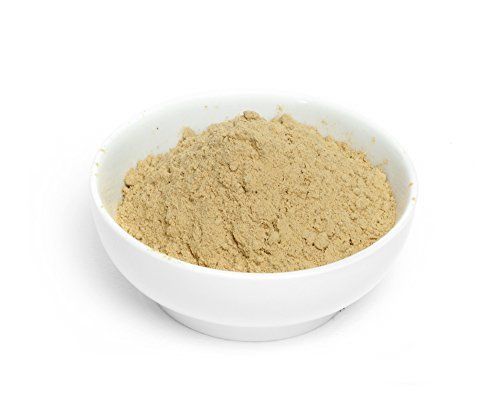
Addiction affects millions worldwide, posing complex challenges that go beyond willpower. While medical treatments, psychotherapy, and behavioral interventions are central to recovery. Increasing evidence highlights the significant role of nutraceuticals—natural, plant-based, or supplement-based compounds—in supporting individuals through recovery. Scientific research suggests that specific nutraceuticals can help alleviate withdrawal symptoms, restore brain chemistry, reduce cravings, and improve overall mental and physical health during this critical period.
This comprehensive guide explores the most effective nutraceuticals for addiction recovery, backed by scientific studies, and offers insights into how they can support long-term sobriety.
The Science Behind Nutraceuticals and Addiction
Addiction involves neurochemical imbalances, especially in neurotransmitters like glutamate, dopamine, serotonin, and gamma-aminobutyric acid (GABA). Substance abuse can cause oxidative stress, inflammation, and neurodegeneration, making recovery more challenging. Nutraceuticals can address these issues by providing antioxidants, supporting neurotransmitter synthesis, promoting neuroplasticity, and repairing tissue damage.
Key mechanisms include:
- Restoring neurotransmitter balance
- Reducing oxidative stress and inflammation
- Supporting liver and organ detoxification
- Improving mood, anxiety, and sleep quality
- Enhancing resilience to stress
Numerous clinical trials and research articles over the past decade support these mechanisms, emphasizing the potential of nutraceuticals as adjunct therapies in addiction recovery.
Evidence-Based Nutraceuticals for Addiction Recovery
1. N-Acetyl Cysteine (NAC): The Neuroprotective Antioxidant
Research & Studies:
NAC, a precursor to the antioxidant glutathione, has demonstrated promising results in addiction treatment. A 2017 review published in Current Neuropharmacology highlights its role in modulating glutamate transmission, which is often dysregulated in addiction.
-
Key findings:
- A randomized controlled trial (RCT) involving cocaine addicts found that NAC reduced cravings and prevented relapse (Barry et al., Biological Psychiatry, 2016).
- In opioid and cannabis dependence, NAC decreased compulsive behaviors and withdrawal symptoms (Tunnicliff et al., Addiction Biology, 2019).
How it works:
NAC restores glutamate balance in the nucleus accumbens—a brain region key to reward and motivation—reducing cravings and the addictive drive.
Recommended dosage:
600-1200 mg daily, typically divided into two doses.
2. Omega-3 Fatty Acids: Supporting Brain Repair and Mood Stabilization
Research & Studies:
Omega-3 fatty acids, particularly EPA and DHA, are critical for cognitive function and neuroplasticity. A 2018 review in Nutrients emphasizes their neuroprotective properties and role in reducing inflammation associated with addiction.
-
Key findings:
- Supplementation improved mood and reduced anxiety in recovering individuals (Gabbay et al., Neuropsychiatric Disease and Treatment, 2018).
- In animal models, omega-3s decreased alcohol consumption and mitigated neurodegeneration caused by substance abuse (Puglia et al., ACS Omega, 2020).
How it works:
Omega-3s repair damaged neuronal membranes, reduce chronic inflammation, and promote neurogenesis, supporting brain healing.
Suggested intake:
1000-3000 mg EPA/DHA combined daily.
3. B Vitamins: Essential for Brain Function and Mood Regulation
Research & Studies:
B vitamins, particularly B6, B12, and folate, are vital for neurotransmitter synthesis and nerve health. Studies link deficiencies to depression and cognitive impairment common in addiction.
- A 2015 study in Nutrients found that B vitamin supplementation improved mood and cognitive performance in individuals with addiction.
- B12 deficiency has been associated with increased risk of depression and anxiety (Smith & Refsum, The Journal of Clinical Psychiatry, 2018).
How it works:
These vitamins facilitate methylation processes, neurotransmitter production, and myelin repair, which is essential in maintaining mental health during recovery.
Suggested dose:
B-complex supplements, containing B6 (1.3-2 mg), B12 (500-2000 mcg), and folate (400 mcg) daily.
4. L-Theanine: Natural Anxiety and Craving Reducer
Research & Studies:
A 2019 study published in Nutrients demonstrated that L-theanine reduces stress and anxiety, improving mood in individuals undergoing stress-related challenges. It also enhances alpha brain wave activity, which is associated with relaxed alertness.
How it works:
L-theanine promotes the production of calming neurotransmitters such as GABA, dopamine, and serotonin, helping to reduce anxiety and cravings during withdrawal.
Recommended dosage:
200-400 mg daily, preferably in divided doses.
5. Rhodiola Rosea: An Adaptogen for Stress Resilience
Research & Studies:
As an adaptogen, Rhodiola helps the body resist physical and mental stress. A 2012 clinical trial published in Phytotherapy Research indicated its effectiveness in reducing fatigue and improving mood and mental performance in stressed individuals (Olsson & Hossain, 2012).
How it works:
Rhodiola modulates cortisol levels and enhances resilience to stress, helping prevent relapse triggered by emotional or environmental stressors.
Suggested dose:
200-400 mg daily, standardized to contain rosavin and salidroside.
6. Milk Thistle (Silybum marianum): Supporting Liver Detoxification
Research & Studies:
Heavy substance use often leads to liver damage; milk thistle is a potent hepatoprotective herb. A review in Phytotherapy Research (2016) emphasized its antioxidant properties in reducing liver inflammation and promoting regeneration.
How it works:
Silymarin, the active component, scavenges free radicals, supports detoxification, and regenerates liver cells—crucial for individuals undergoing detox protocols.
Recommended dosage:
150-300 mg of silymarin daily.
7. Magnesium: Calming Nervous System
Research & Studies:
Magnesium deficiency correlates with increased anxiety and stress. A 2017 study in the Journal of the American College of Nutrition found that magnesium supplementation significantly reduced anxiety symptoms (Boyle et al., 2017).
How it works:
Magnesium acts as a natural NMDA receptor antagonist, promoting relaxation, reducing nervous tension, and improving sleep quality—all vital for sustainable recovery.
Suggested intake:
200-400 mg daily, preferably in chelated forms for better absorption.
_____________________________________________________________________________
Building a Wellness Routine for Addiction Recovery
Recovery is not just about abstaining from substances; it's also about nurturing your mind, body, and spirit through intentional self-care. Establishing a daily wellness routine can significantly enhance your resilience, reduce stress, and promote emotional balance. Here are some practical recommendations to create a calming and restorative routine:
Aromatherapy for Daily Calm
Incorporating essential oils into your daily self-care can help manage cravings, reduce anxiety, and foster a sense of peace. Here's how:
- Diffuse Calming Scents: Use a diffuser with lavender, frankincense, or bergamot during mornings or evenings to set a peaceful tone.
- Inhalation Boost: Keep a small tissue with drops of lavender or chamomile essential oil for quick inhalation during stressful moments or cravings.
- Personal Application: Dilute essential oils like Ylang Ylang or sandalwood with a carrier oil and gently massage onto pulse points or the chest to carry their calming effects with you.
Soothing Baths for Stress Relief
Baths are a powerful way to decompress physically and emotionally. Adding healing ingredients creates a sanctuary for relaxation.
- Essential Oil Bath: Add 5-10 drops of calming essential oils like lavender or chamomile to a warm bath.
- Herbal Infusions: Incorporate dried herbs such as chamomile or rose petals for additional soothing benefits.
- Epsom Salts & Magnesium: Use Epsom salts or magnesium flakes to relax tense muscles, improve sleep, and reduce anxiety.
Meditation and Mindfulness Practices
Practicing meditation can help calm the racing mind, improve emotional regulation, and increase self-awareness.
- Guided Meditation: Use apps or online recordings focused on anxiety reduction, acceptance, and self-compassion.
- Breathwork: Practice deep breathing exercises, such as diaphragmatic breathing or box breathing, to quickly reduce stress responses.
- Aromatherapy Integration: During meditation, diffuse lavender or sandalwood to deepen relaxation and mindfulness.
Relaxation Techniques
In addition to meditation, other relaxation methods support emotional stability:
- Progressive Muscle Relaxation: Tense and release different muscle groups to release physical tension.
- Visualization: Imagine a peaceful place or a successful recovery scene to foster positive emotions and motivation.
- Gentle Movement: Incorporate gentle yoga or stretching to release leftover tension and promote mindfulness in movement.
Creating Your Routine
- Start Small: Dedicate just 10-15 minutes daily to your routine and gradually extend as comfort grows.
- Consistency is Key: Regular practice reinforces emotional resilience and anchors your recovery process.
- Personalize: Tailor your wellness activities to what feels best for you—whether it's a quiet bath, a morning meditation, or an aromatherapy walk in nature.
The Bottom Line
Addiction recovery is multifaceted, involving medical, psychological, and nutritional strategies. Incorporating evidence-based nutraceuticals can enhance the recovery process by reducing cravings, alleviating withdrawal symptoms, supporting brain and liver health, and improving mood and resilience. While these natural supplements show promising results, they should be used in conjunction with professional treatment plans and under medical supervision.
Consult your healthcare provider before starting any new supplement regimen, especially if you are on medications or managing underlying health conditions. When used responsibly, nutraceuticals can be a powerful component of a holistic approach to overcoming addiction and reclaiming mental and physical well-being.
Final Thoughts
The journey to recovery is challenging but empowering. Nutraceuticals such as NAC, omega-3 fatty acids, B vitamins, and adaptogens support your body’s natural healing processes, bolster mental strength, and help you stay committed to sobriety. Combine these with psychological support, lifestyle changes, and medical care for the best chance at a healthy, addiction-free life.
Also, a thoughtful wellness routine incorporating aromatherapy, baths, meditation, and relaxation can serve as a cornerstone of your recovery journey. These practices help rebuild emotional stability, reduce stress and cravings, and foster self-love and patience. Remember, recovery is a gradual path, and nurturing yourself with daily self-care makes each step more achievable and fulfilling.
